Twenty-three young diplomats were sent by Southville International School and Colleges to represent the said institution at the Model United Nations Assembly 21st Conference. The team arrived at the World Health Organization Headquarters in formal wear armed with enough skills they need to survive the two-day exhaustive discussion on the world’s top issues. Three veteran delegates from the said team also joined the conference chair – Ye Eun Park (Historical Security Council), Alexandra Therese Derpo (Security Council), and Lester Joseph Buitizon (General Assembly for Special Political and Decolonisation). The whole morning was exclusively devoted for goals composing and campaigning. Saturday evening went smooth as the representatives bantered on the goals introduced in every advisory group. Saturday morning, the General Assembly initiated next to each other the Security Council and the Historical Security Council Joint Assembly. Sunday evening was chaos for the two congregations. Understudies were given an on the spot worldwide issue that they must determine as United Nations. The meeting has finished in an end service and granting where our designation packed away 5 noteworthy honors including the Best Delegate of the General Assembly.
Southville gives unique modules to potential delegates. Exceptional reasoning on worldwide issues, clearness in discourse, and exceedingly aggressive soul are the main considerations that will qualify them to join team. A MUN delegate is principled and decided. These are the characteristics of an understudy with genuine Growth Mindset and Grit. This will be a decent road for the representatives to explain their positions and propose goals on issues that significantly influence their age, to improve their open talking aptitudes, sharpen their initiative ability, and apply essential learning of worldwide relations and strategies. Currently, the team prepares for SISC MUN Conference happening this March. The event is open to affiliate MUN schools nationwide.
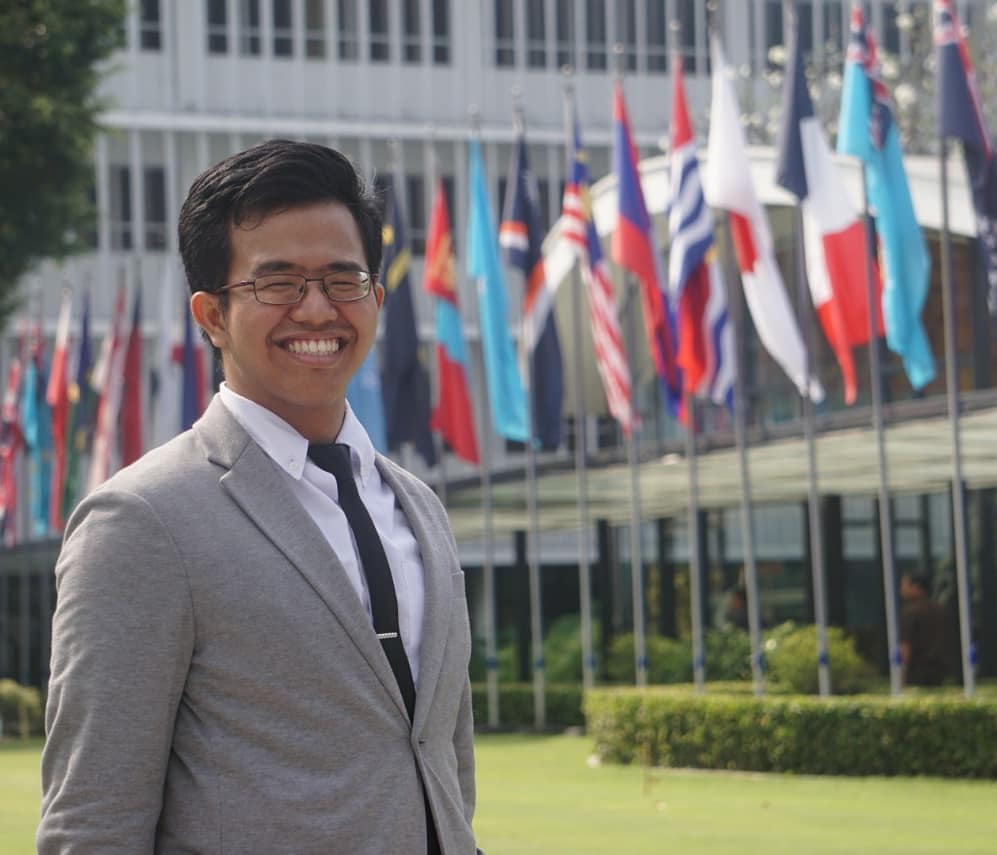
Model United Nations Conference is an excellent avenue for our students to prove that they can be part of the discussions and creating solutions for our pressing global issues today. With this, the can show the world that they can be leaders of today if we let them. As the MUN Director, the most rewarding part of this job is to see your students helping each other to make a difference for our communities and for the world. – Jude Russel Cuntapay, SISC MUN Coach
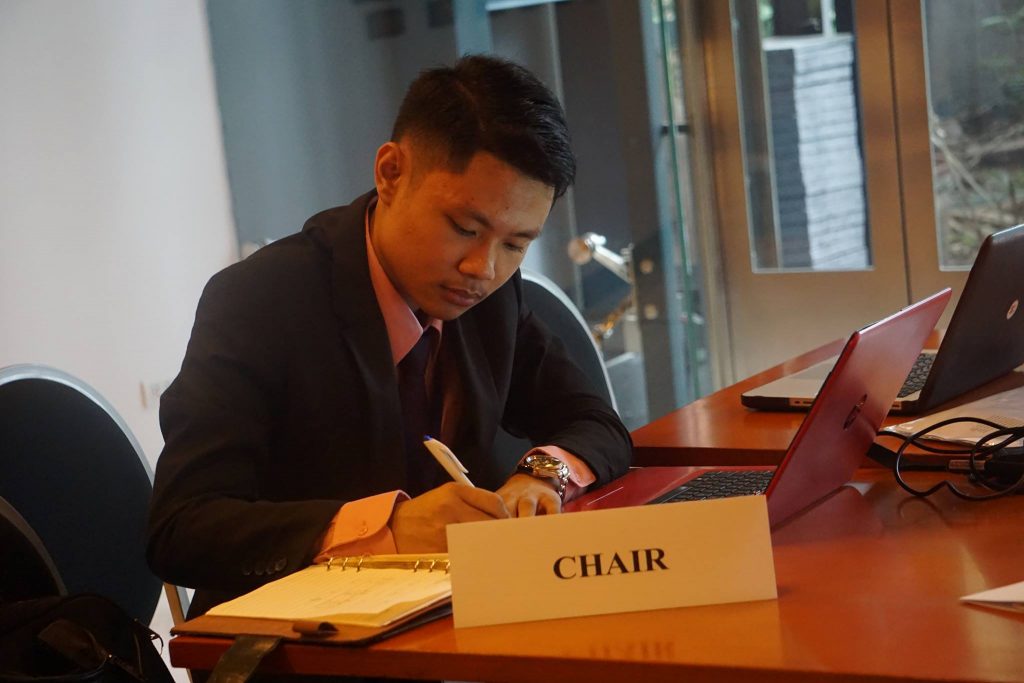
Lester Joseph Buitizon / CHAIR
(General Assembly for Special Political and Decolonisation)
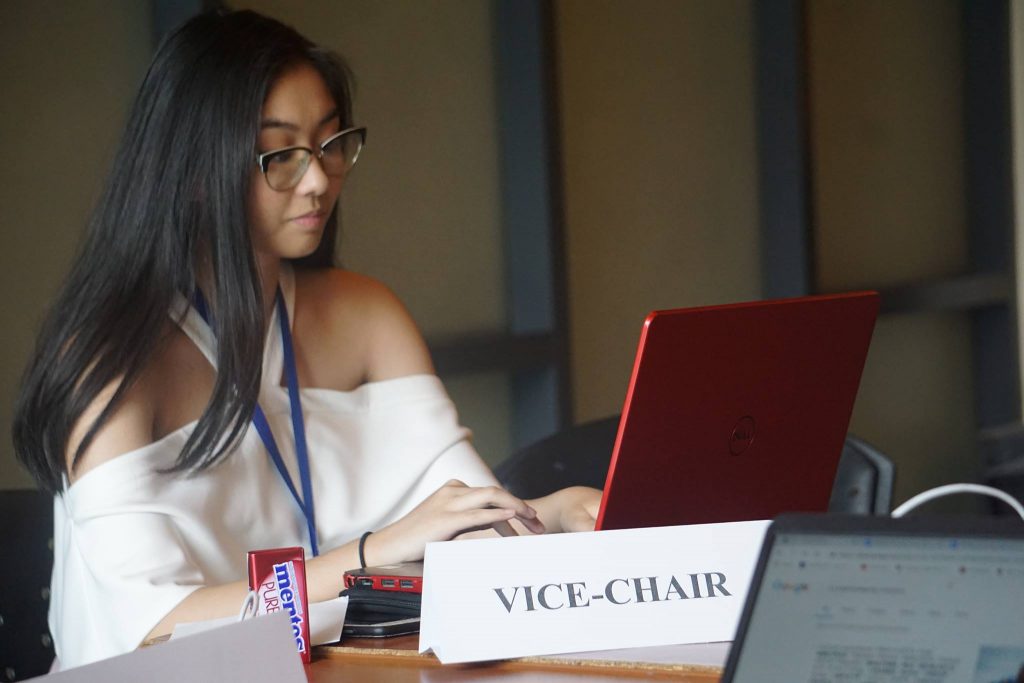
Alexandra Therese Derpo / VICE CHAIR
(Security Council)
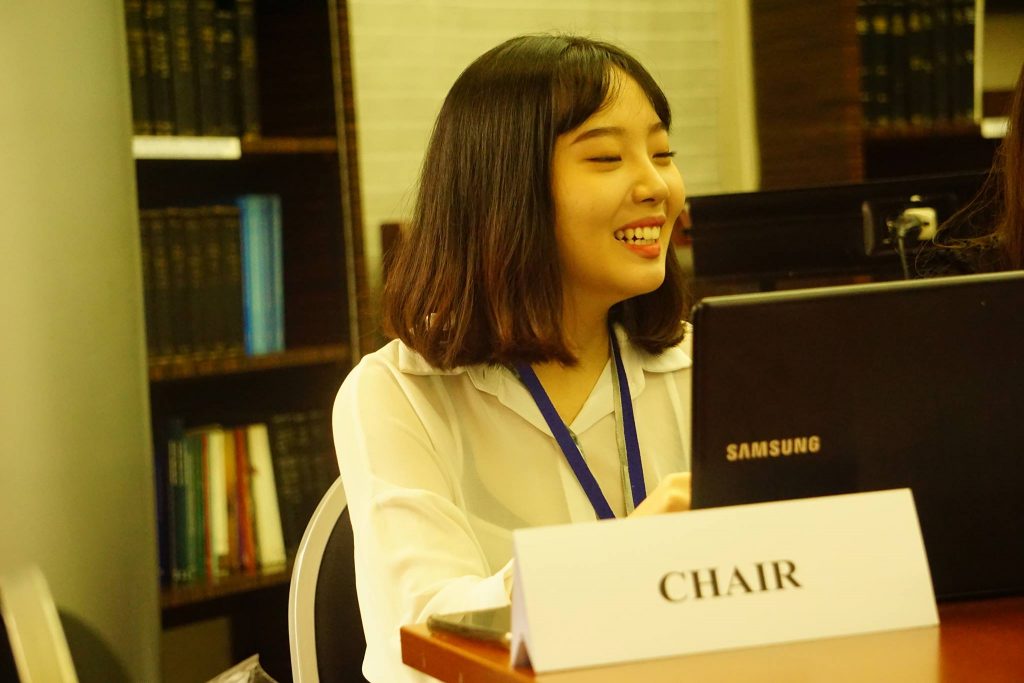
Ye Eun Park / CHAIR
(Historical Security Council)
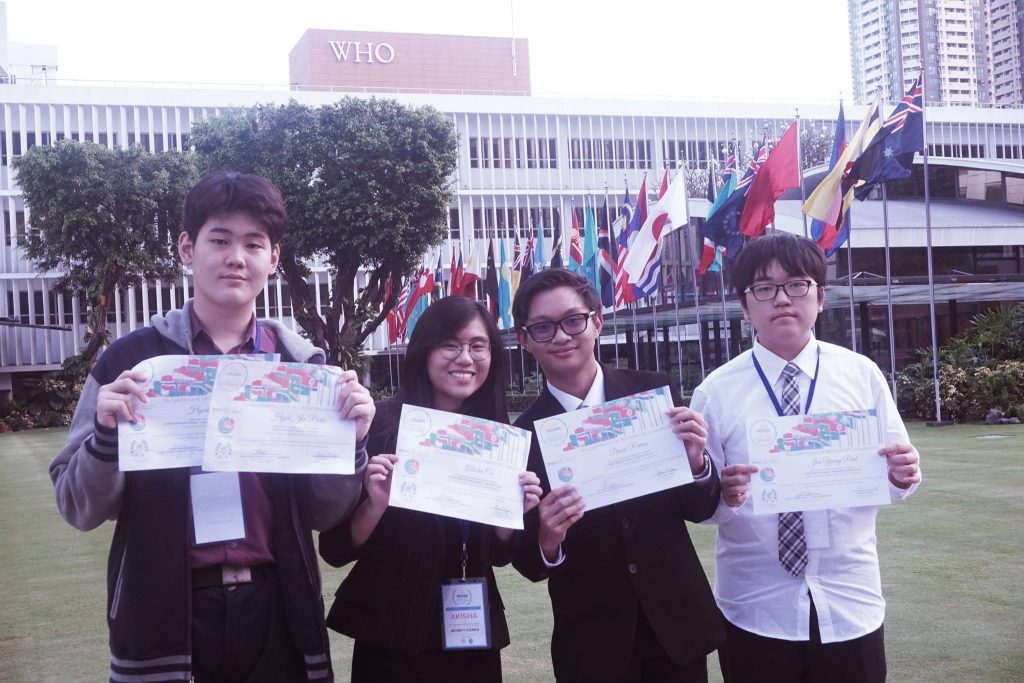
FIVE major awards were given to:
1. David Jacob Ramos – Best Delegate (Security Council)
2. Akisha Julianne Cu – Best Speaker (Security Council)
3. Jun Yeong Park – Best Speaker ( Historical Security Council)
4. Hyuk Jin Park – Best Speaker (UN Environment Programme) and Best Delegate (General Assembly Plenary)
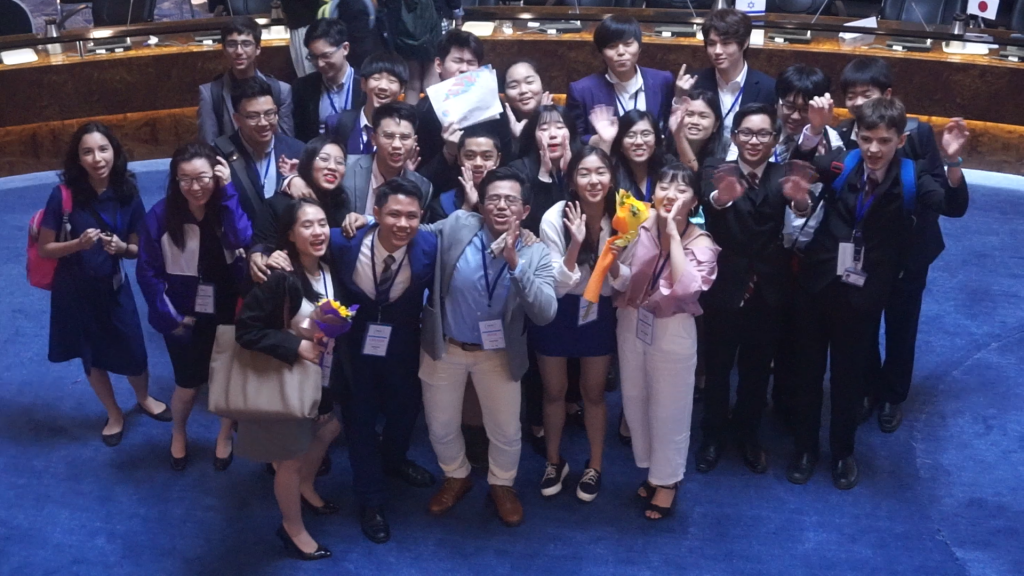
THE DELEGATES
United Nations Environment Programme (UNEP)
1. Garcia, Miguel (United Kingdom)
2. Lee Jeong Min (Vietnam)
3. Lim Hyuk Jin (Somalia)
4. Park Hyuk Jin (France)
5. Zurita, Ysabel (Brazil)
World Health Organization
1. Lee Seung Hun (Tuvalu)
2. Maat, Reuben Byron (Sweden)
3. Sharma, Neel (Myanmar)
United Nations Human Rights Council (UNHRC)
1. Catungal, Jules Genrev General Assembly 1 –
General Assembly 1 – Disarmament and International Security (DISEC)
1. Hernandez, Inigo Miguel (China)
2. Cho Woo Sung (South Korea) General Assembly
General Assembly 3 – Social, Cultural, and Humanitarian (SOCHUM)
1. Burgos, Raine Meara (Sweden)
2. Kim, Alyza Beatrice (South Korea)
General Assembly 4 – Special Political and Decolonisation (SPECPOL)
1. Buitizon, Lester Joseph (CHAIR)
2. Dichosa, Julianna Marcela (United States of America)
Historical Security Council (HRC)
1. Park Ye Eun (CHAIR)America
2. Lee Jooyun (United States of America)
3. Lee Seung Eun (Switzerland)
4. Park, Jun Yeong (Syria)
Security Council (SC)
1. Derpo, Alexandra Therese (VICE CHAIR)
2. Cu, Akisha Julianne (Bangladesh)
3. De Castro, Stefano Crispino (United Kingdom)
4. Ramos, David Jacob (Iran)

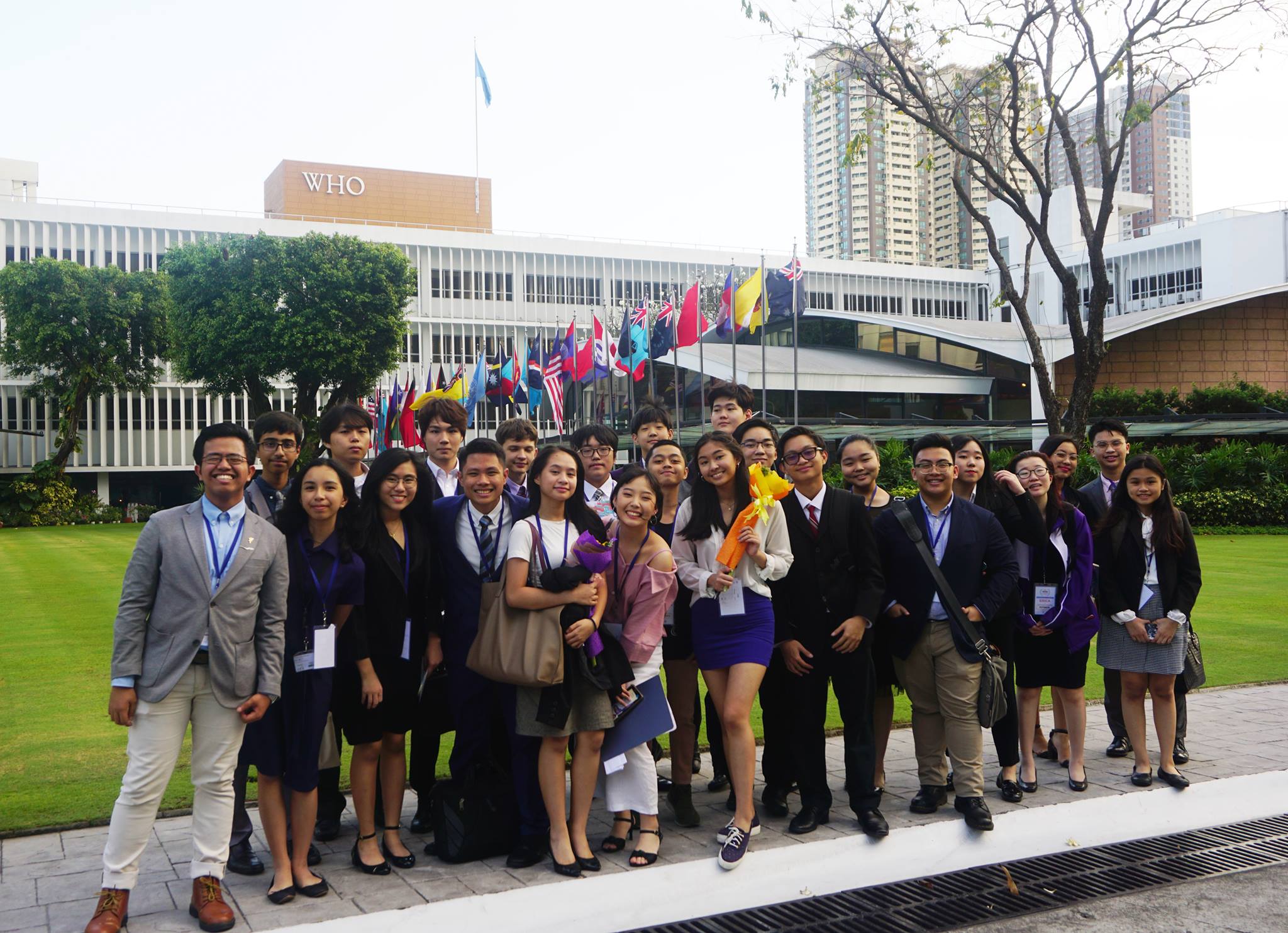
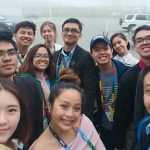


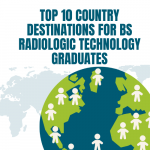
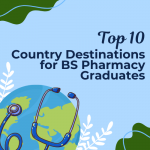
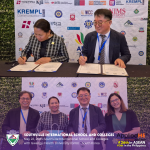
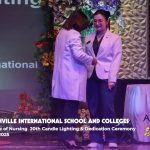

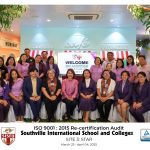
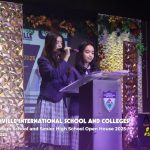


Leave a Reply